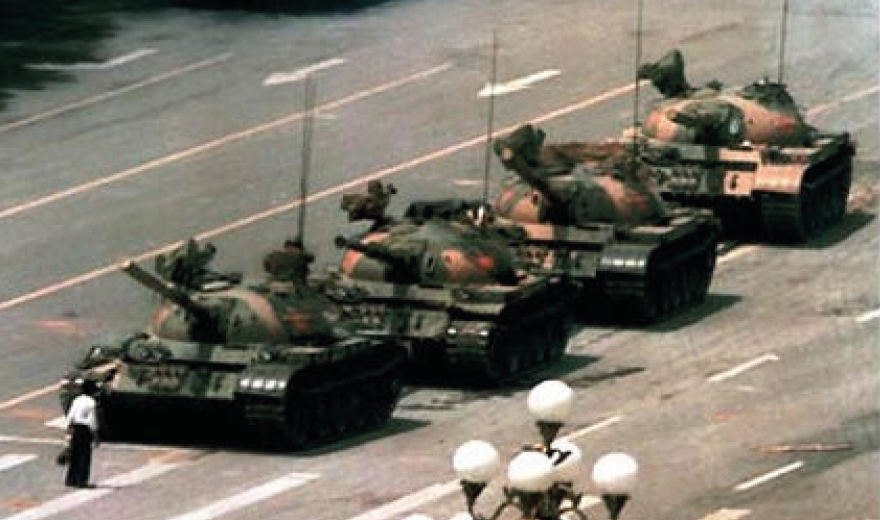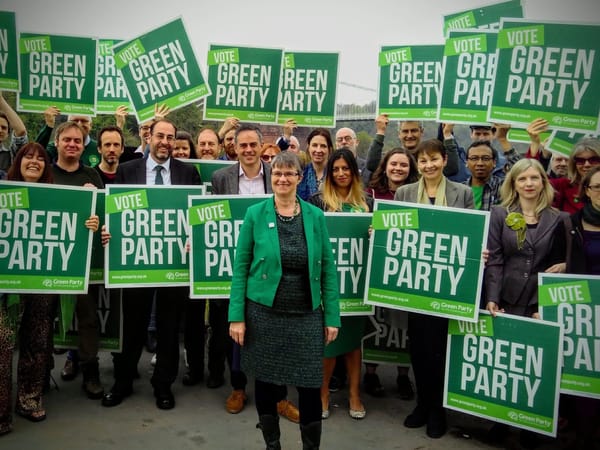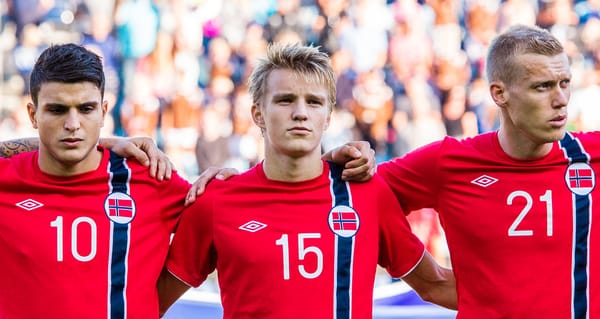In memorium: Tiananmen Square
This week we remember the deaths of student protesters 31 years ago. They asked for freedom and were killed for it.

I try to write this article each year as each year it must be restated. This week we remember those killed during protests 31 years ago in Tiananmen Square.
On the 4th of June 1989, peaceful protesters occupying Tiananmen Square to call for freedom of speech and democracy were killed by PLA infantry and tanks. The number of victims is still unclear, but estimates range from a few hundred to several thousand with most independent estimates around 3,000.
These killings of unarmed protesters and bystanders was carried out by an administration that was afraid of the challenge to its authority so responded with violence. After a month and a half of protests which over 1 million people attended in hundreds of cities around China the decision was made by Li Peng, Premier and Deng Xiaoping, China’s de facto leader at the time.
On their orders as many as 250,000 troops supported by tanks were sent into Beijing to quell unrest. There are numerous corroborated reports of arbitrary killings of passers by as troops converged on Tiananmen Square. The soldiers used expanding bullets, which are forbidden by international convention from being used in wars between nations due to their inhumane nature.
Protestors, who had given food and water to soldiers when they first tried to advance into the city on 24th May were shot down in the street. Victims of the killings were not simply protesters and included a doctor treating the wounded and civilians not involved in protests hiding in their homes.
Once the army arrived at the square itself, they blockaded the remaining 60 - 70 k students still remaining. While student leaders confiscated weapons from their peers and practised non-violence, the army around them aimed machine guns and assault rifles at the assembled students. There are even reports that sporadic gunfire was heard from the square, though this remains contested.
What is not contested is that after being beaten with clubs and rifle buts and prodded with bayonets, most of the students left the square, though many were arrested.
The next day, when groups of civilians, many of whom were parents of those that had been trapped in the square the night before approached the square, they were blocked by lines of infantry that opened fire without warning. Many people were shot in the back as they fled.
All around the country, armed forces broke apart protests. In Chengdu, they used live fire against protestors.
Following on from the protests, tens of thousands of people were arrested as part of a crackdown on the freedoms that had allowed the protests to go ahead and many were tortured.
To this day, the CCP still claims that the death toll, including soldiers killed was 241. The military action is also justified as having been necessary to protect social order. In addition to this, arrest warrants issued against student leaders remain in effect and internet censors in China prevent any mention of it taking place.
FINALLY, I WRITE THIS ARTICLE BECAUSE THE CCP DOES NOT WANT ME TO
I write all these things not to attack the Chinese people, as I am sure I will be accused of doing. I write these things because it is important that they are uttered, regularly. Ever since the events of 4th June 1989 vigils have taken place in Hong Kong to remember the dead. The relative freedom permitted to the citizens under the one-country two-systems policy made that possible.
The national security law passed on 30th June 2020 has likely put an end to that. Democracy activist Joshua Wong has, as of 6th May this year been sentenced to 10 months in jail for taking part in a Tiananmen Square memorial vigil.
I am writing this because people living in Tibet (annexed by China in 1951 and victim of Sinicization or cultural cleansing), Xinjian (Uighur residents put into ‘re-education camps and used as slave labour) and Hong Kong (subversion of judicial system and arrest of democracy activists) can’t.
Finally, I write this article because the CCP does not want me to. They would prefer it if the rest of the world kept their noses out of their business and asked no uncomfortable questions. Compliant nations are rewarded, and troublemakers are punished economically (Australia) or threatened militarily (Taiwan). So, let us never forget. Far worse in scale than recent conflicts in Gaza (232 dead) or Burma (more than 700 since 1st Feb coup) that have attracted social media furore, thousands of students died in Tiananmen Square 31 years ago at the hands of the party still in power.







